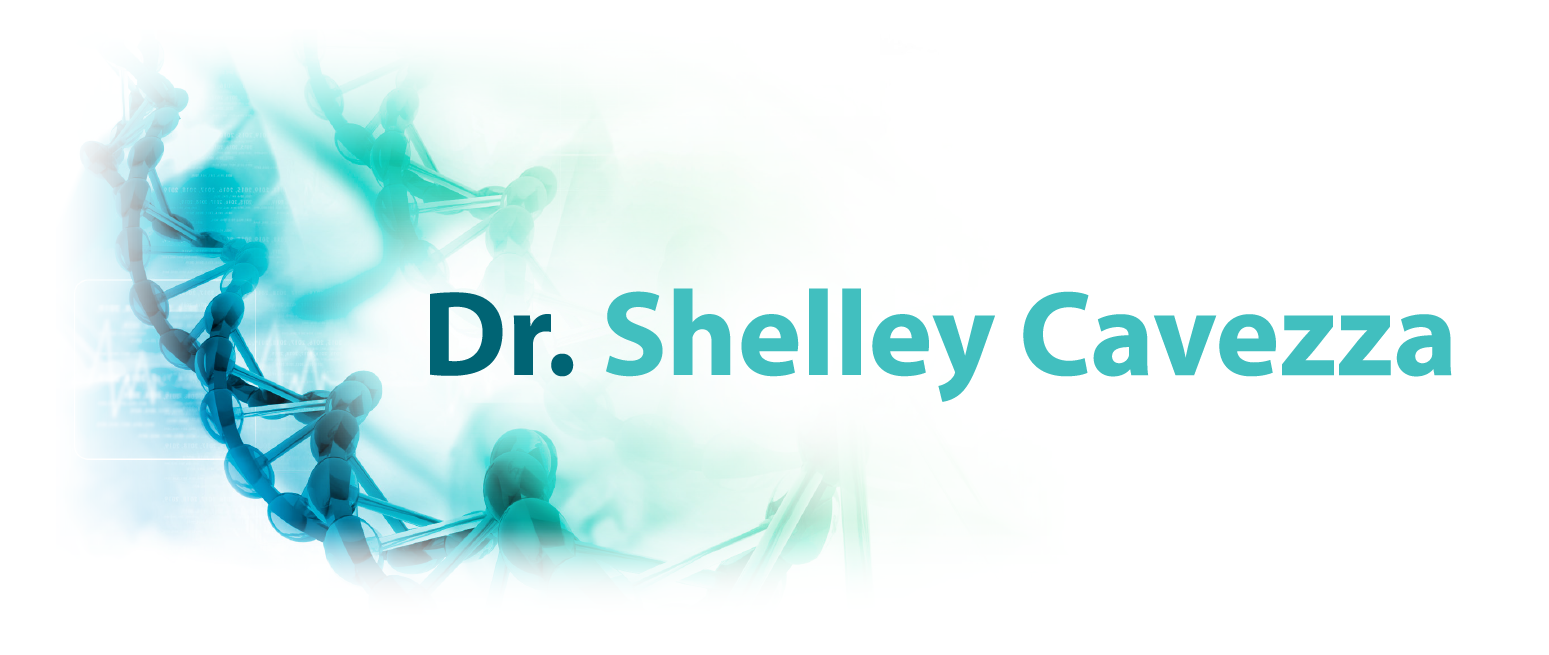Why Chronic Fatigue Often Starts in the Gut (and How to Fix It)
Category: Functional Medicine and Nutrition, Digestive Health & Energy
Functional Medicine and Nutrition Practitioner Sunshine Coast
Discover How Gut Health Impacts Energy Levels and Learn Strategies to Restore Vitality with Expert Functional Medicine and Nutrition Practitioner Shelley Cavezza, PhD
Introduction: The Gut–Fatigue Connection
Chronic fatigue can be debilitating—leaving you drained despite adequate rest. Research increasingly highlights the gut as a central player in energy production. Gut dysfunction—from dysbiosis and inflammation to increased intestinal permeability—can impair nutrient absorption, drive systemic inflammation and sap your energy. Here’s why fatigue often starts in the gut and how you can restore balance to reclaim your vitality.
How Gut Health Influences Energy
- Nutrient Absorption & Energy Production
- Digestive Efficiency: A healthy gut breaks down food and absorbs the B vitamins, magnesium and amino acids – essential cofactors for your mitochondria, the energy ‘factories’ for your cells.. When your gut lining is compromised, these nutrients are poorly absorbed, leaving your cells starved of raw materials.
- Microbial Support: Your microbiome doesn’t just help digest food—it also produces certain B vitamins (like folate and biotin). Dysbiosis limits this contribution and undermines mitochondrial function, compounding fatigue.
- Systemic Inflammation
- Leaky Gut Syndrome: When the gut lining weakens “leaky gut”, bacteria, toxins and undigested food particles can enter the bloodstream. This triggers chronic low grade inflammation that drains energy.
- Inflammatory Cytokines: These immune messengers disrupt hormones and metabolic pathways, interfering with thyroid, adrenal and mitochondrial function—all key regulators of energy.
- Gut–Brain Axis
- Constant Communication: Your gut and brain are in continual conversation through the vagus nerve, immune signalling and microbial metabolites. When dysbiosis occurs, it can affect mood, cognition and motivation—common features of chronic fatigue.
- Neurotransmitter Balance: About 90% of serotonin is produced in the gut, where it regulates motility and communicates with the nervous system. While it doesn’t cross into the brain, microbial activity influences mood and sleep through tryptophan metabolism and gut–brain signalling. Disruption here can worsen fatigue and low mood.
How to Fix It: A Functional Medicine and Nutrition Approach
- Optimise Your Diet
- Whole, Unprocessed Foods: Emphasise vegetables, fruits, lean proteins and healthy fats to support digestion and reduce inflammation.
- Eliminate Triggers: Remove refined sugars, ultra-processed foods, gluten and dairy (if sensitive) to reduce gut irritation..
- Increase Fibre: Soluble and insoluble fibre feed beneficial bacteria. Introduce gradually and adjust if bloating or methane-dominant SIBO is present.
- Restore Gut Balance
- Targeted Probiotics: Certain strains have been shown to support mood and fatigue. Probiotics should be chosen strain-specifically, not generically.
- Prebiotics: Garlic, onions, asparagus and bananas nourish good bacteria—but if you’re sensitive to FODMAPs or methane producers, they may need careful introduction.
- Gut-Healing Nutrients: L-glutamine and zinc carnosine support mucosal repair and improve absorption..
- Manage Inflammation & Support Detoxification
- Anti-Inflammatory Supplements: Omega-3s, curcumin and resveratrol help reduce systemic inflammation and support mitochondrial function.
- Hydration: Adequate water intake assists detoxification, circulation, and cellular repair.
- Detoxification Support: A healthy gut and liver naturally clear toxins. Nutrients like sulforaphane, NAC and glycine can help optimise detox pathways. At the same time, minimising environmental exposures—choosing organic produce where possible, using low-toxin household products—reduces the burden.
- Address Stress and Sleep
- Stress Management: Practices such as mindfulness, yoga, breathwork, and regular exercise reduce cortisol, helping protect the gut lining and stabilise energy.
- Sleep Optimisation: A consistent bedtime routine, minimising blue light in the evening and aligning with circadian rhythms supports gut repair and mitochondrial recovery.
Next Steps: Discovery Call
If chronic fatigue is undermining your quality of life, a Discovery Call with Shelley Cavezza, PhD—an exploratory conversation (not a consultation)—can help you determine whether a personalised functional medicine and nutrition programme is the right next step to heal your gut and restore your energy.
Empower Your Health Today
Contact Functional Medicine and Nutrition Practitioner Shelley Cavezza, PhD, on the Sunshine Coast and take the first step towards a balanced gut and vibrant energy levels.
Additional Resources
- Blog Posts:
- Services Offered:
Contact Information
- Website: www.drshelleycavezza.com.au
- Phone: +61 419 821 666
- Email: info@drshelleycavezza.com.au
Disclaimer: This information is not intended to diagnose, treat, cure or prevent any disease. Please consult a healthcare professional before starting any new health programme.


